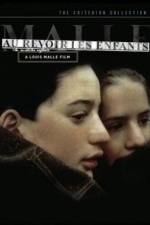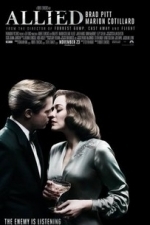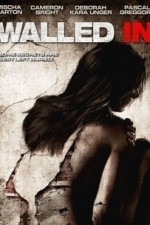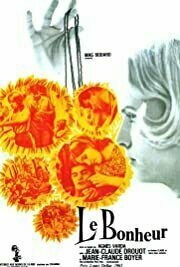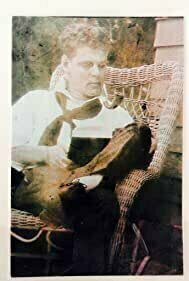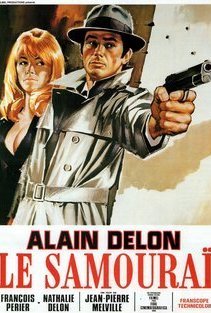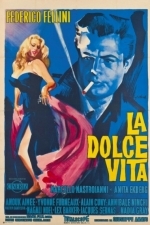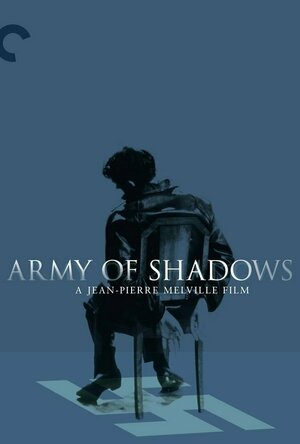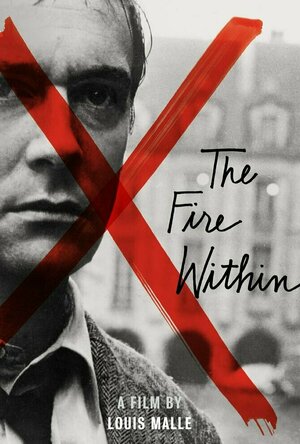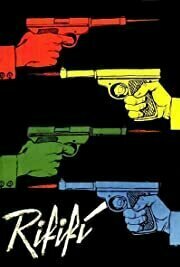Search
Search results
Danny Boyle recommended Goodbye, Children (Au Revoir Les Enfants) (1987) in Movies (curated)
Suswatibasu (1703 KP) rated Allied (2016) in Movies
Aug 26, 2017
Tense, gripping, rather quite sad
I was a bit initially sceptical about this film, which I am with any film including Brad Pitt, however, it was much better than expected. First of all hats off to Marion Cottilard once again, for giving a powerful performance, and well done to Brad Pitt and his great efforts in speaking quite a considerable amount of French in the film. It is tense, and harrowing, as Brad Pitt, a Canadian high-ranking officer working in the British Army is put in the worst position possible - causing him to doubt his own wife. I admit, I sobbed a bit at the end. Not bad at all.
Dean (6927 KP) rated Walled In (2009) in Movies
Apr 30, 2019
Based on a bestselling French novel apparently. I have to say I was disappointed with this. It sounded like a great setting for a horror film with a good back story. However it just slowly plods on to the conclusion, some of the dialogue was pretty bad I have to add. Not sure how Mischa Barton got talked into this.
